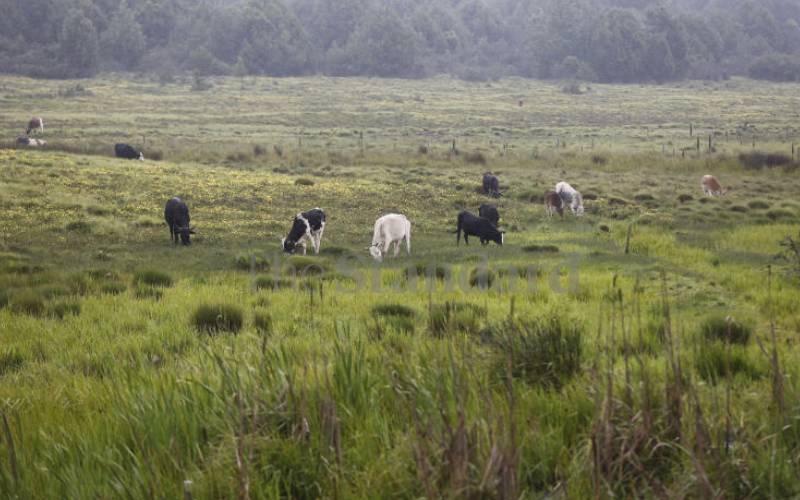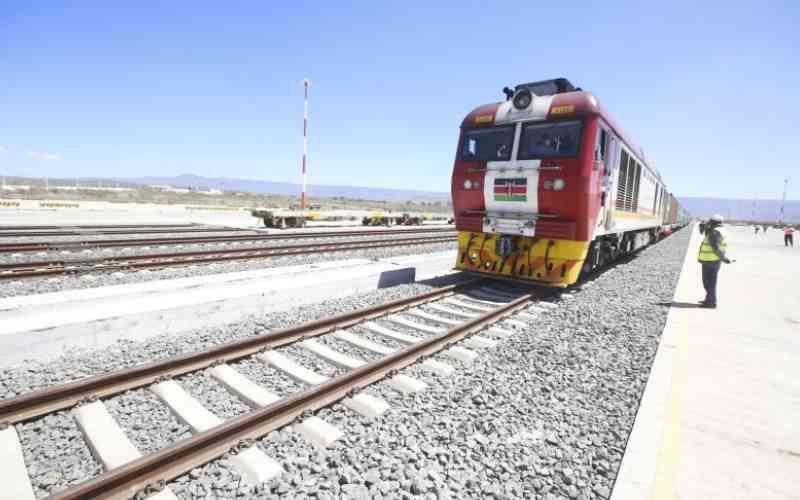×
The Standard e-Paper
Fearless, Trusted News

In South Africa’s Lancewood dairy farm, a GPS-guided tractor spreads cow manure across defined areas where tilling is banned and fertiliser used minimally, if at all.
Some 2,500 Jersey cows graze on a selection of plants, from chicory to lucerne (alfalfa), that have been planted for feed variety while helping preserve the soil’s nutrients.







